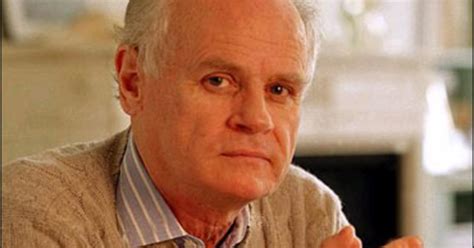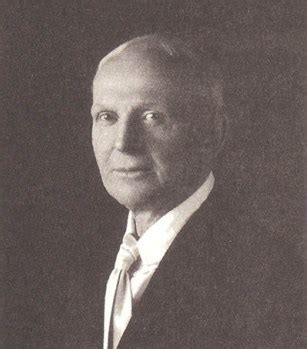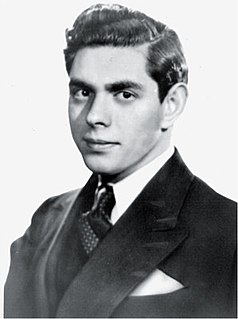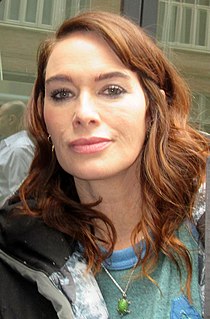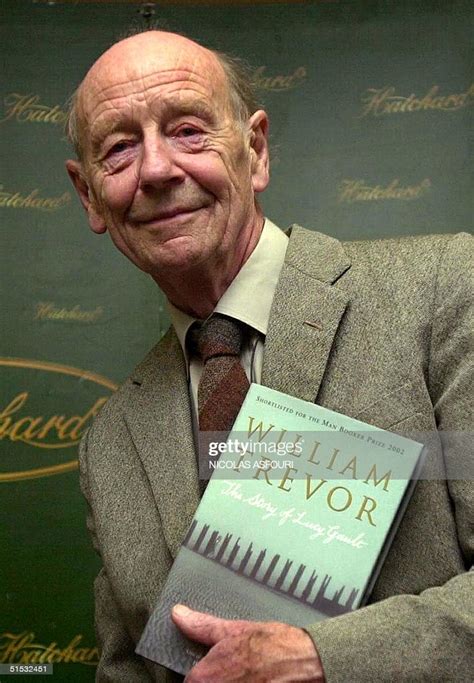A Quote by John Gregory Dunne
I’ve always thought a novelist only has one character and that is himself or herself.
Related Quotes
There are two different ways of writing a novel. The first I call the traditional father way, when the novelist slightly situates himself or herself above the text and knows what each and every character is going to do. It's a bit like engineering. I've never felt close to that tradition. I like the second way, which relies a bit more on intuition.
So long as a novelist works selfishly for the pleasure of creating character and situation corresponding to his own illusions, ideals and intuitions, he will always produce something worth while and natural. Directly he takes himself too seriously and begins for the alleged benefit of humanity an elaborate dissection of complexes, he evolves a book that is more ridiculous and tiresome than the most conventional cold cream girl novel of yesterday.
The one and only formative power given to man Is thought. By his thinking he not only makes character, but body and affairs, for as he thinketh within himself, so is he. Prejudice is a mist, which in our journey through the world often dims the brightest and obscures the best of all the good and glorious objects that meet us on our way.
